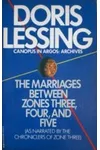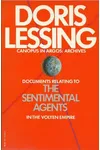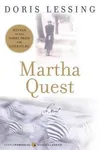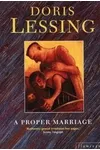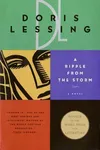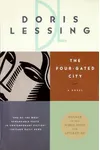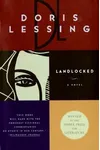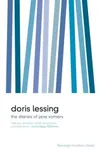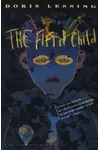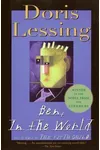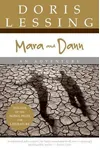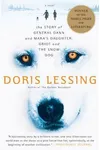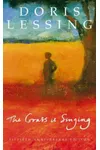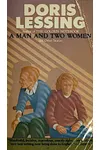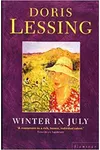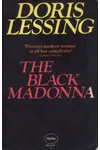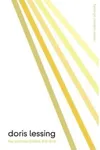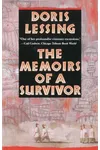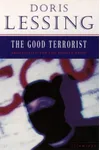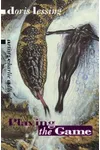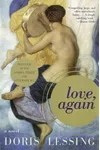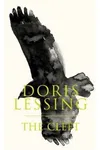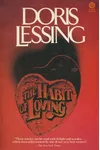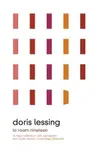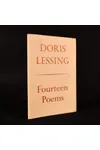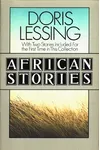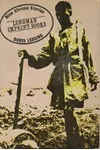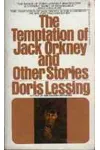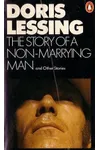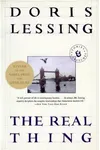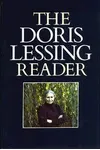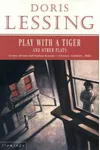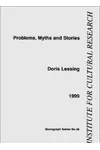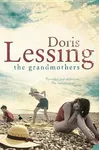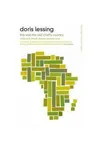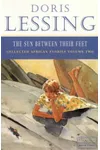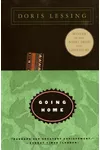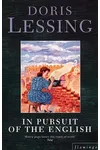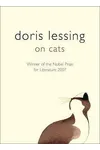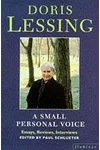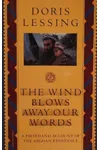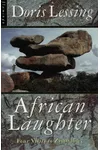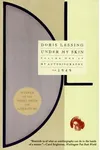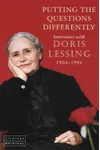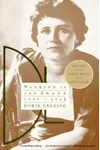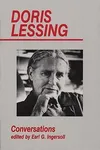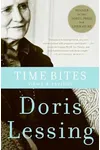Picture a British-Zimbabwean storyteller who wove tales of human struggle and societal rebellion—meet Doris Lessing! Born in 1919, this Nobel Prize-winning author crafted novels, short stories, and essays that challenged norms with wit and unflinching honesty. From her debut novel to her genre-defying works, Lessing’s legacy as a literary trailblazer continues to captivate readers worldwide.
The Making of Doris Lessing
Doris Lessing was born in Persia (now Iran) to British parents and moved to Southern Rhodesia (now Zimbabwe) at age six. Growing up on a farm, she soaked in the stark beauty and social tensions of colonial Africa, which later shaped her writing. A self-educated rebel, she left school at 14, devoured books, and began writing stories. By her 20s, she was in London, diving into the literary scene with fierce determination.
Doris Lessing’s Unforgettable Stories
Lessing’s debut, The Grass is Singing (1950), stunned readers with its raw portrayal of racial and gender dynamics in colonial Africa. Her five-novel series, The Children of Violence, follows Martha Quest’s journey through personal and political upheaval, blending realism with psychological depth. The Golden Notebook (1962), her masterpiece, broke literary ground with its fragmented narrative and feminist themes, exploring a woman’s inner life amid societal chaos. Lessing also ventured into science fiction with Canopus in Argos, a series imagining cosmic civilizations, showcasing her fearless experimentation. Her style—sharp, introspective, and socially aware—tackled feminism, communism, and human nature with a clarity that felt both timeless and urgent.
Never one to be boxed in, Lessing wrote across genres, from memoirs like Under My Skin to dystopian novels like Memoirs of a Survivor. Her ability to weave personal and political narratives made her a voice for the marginalized, challenging readers to question authority and embrace complexity.
Why Doris Lessing Matters
Doris Lessing’s impact transcends literature. Her fearless exploration of feminism and anti-colonialism inspired generations of writers and activists. Winning the Nobel Prize in Literature in 2007, she was lauded as an epic chronicler of the female experience. Her refusal to conform—whether to literary trends or societal expectations—cemented her as a cultural icon whose works remain vital in understanding human resilience and rebellion.
About Doris Lessing
- Born: October 22, 1919, in Kermanshah, Persia (now Iran)
- Key Works: The Grass is Singing, The Golden Notebook, Canopus in Argos
- Awards: Nobel Prize in Literature (2007), Somerset Maugham Award
- Died: November 17, 2013, in London, England
Ready to explore a literary legend? Snag The Golden Notebook and dive into Doris Lessing’s bold, thought-provoking world!

